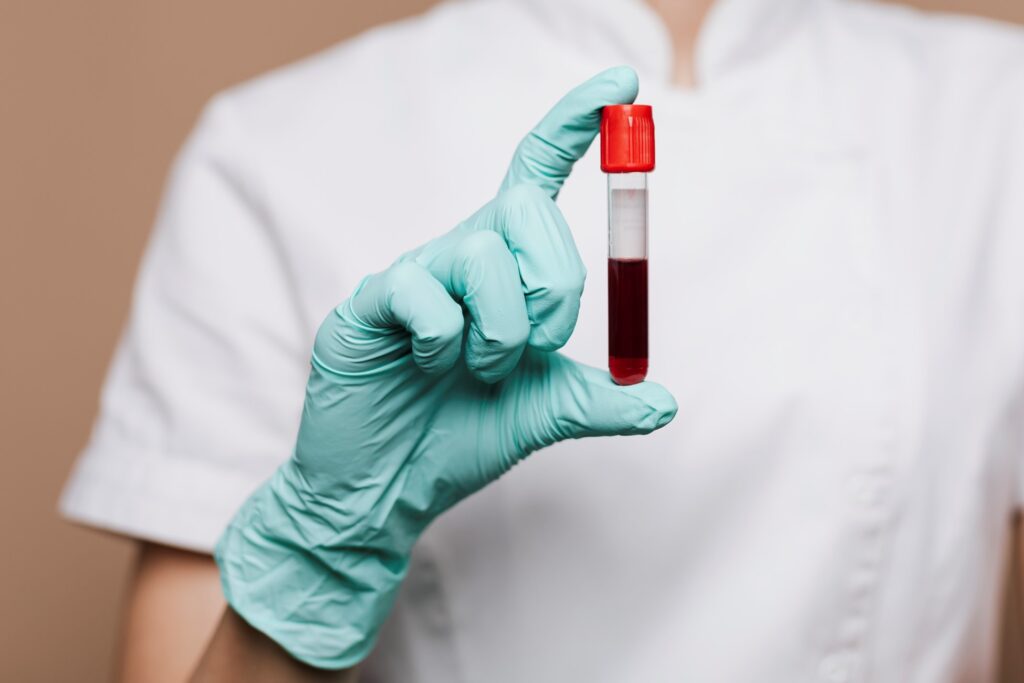In recent times, the importance of Vitamin D has captured our collective attention. This extraordinary nutrient plays a pivotal role in our health. Getting timely testing can be crucial in preventing unwanted health issues down the line. The Vit D test can provide critical insights into whether you need to make any diet or lifestyle changes to secure your well-being.
The Vital Role of Vitamin D in Your Health
Vitamin D is a powerhouse nutrient, vital for multiple bodily functions. It is essential for enhancing bone health by helping the body absorb calcium effectively. Without sufficient Vitamin D, our bones could become weak and brittle, leading to conditions like osteoporosis.
Moreover, this vitamin is crucial for a functioning immune system. It helps the body fend off diseases better. Another role it plays is aiding in the effective absorption of calcium, further establishing its significance in maintaining our bone structure.
If your body is lacking in Vitamin D, you may experience a range of health issues. Symptoms can include fatigue, bone pain, and even mental health challenges. An optimal level of Vitamin D contributes to energy boosts, robust bones, and a generally healthy disposition. It is, therefore, indispensable to keep a check on our Vitamin D levels.
Decoding the Needs: Why You Might Require a Vitamin D Test
So, what exactly is a Vit D test? Primarily, it involves measuring the amount of 25-hydroxyvitamin D in your blood. This test is vital for diagnosing or ruling out a deficiency.
There are several reasons one might undergo a Vit D test:
- Persistent bone pain or muscle weakness.
- Being part of a high-risk group such as elderly individuals.
- Having chronic conditions like osteoporosis.
In India, certain nutritional practices may also affect Vitamin D levels. Despite abundant sunshine, many Indians are found deficient. Indoor lifestyles and limited sun exposure contribute to this. Understanding these trends can be beneficial when considering testing.
Timing It Right: Ideal Times for a Vitamin D Test
When should you consider getting tested? Recognize the signals your body sends. Common signs that suggest a need for testing include feeling tired, experiencing bone pain, or frequent illnesses.
Some medical conditions necessitate regular monitoring of Vitamin D levels. Moreover, it’s particularly important to keep an eye on children’s Vitamin D levels, especially in India where nutritional habits might impact their Vitamin D intake.
Step Inside a Vitamin D Test Procedure
The procedure for a Vit D test is straightforward and convenient. It usually begins with a simple blood draw. Trained professionals perform this step, ensuring it is both comfortable and safe.
After the blood sample is taken, it’s sent to a laboratory for analysis. The results will indicate whether your Vitamin D levels are deficient, sufficient, or even toxic.
Don’t worry—the procedure is generally hassle-free. Once you have your results, you can better understand what steps to take next with the guidance of a healthcare provider.
Interpreting Your Vitamin D Test Results
Interpreting the results of your Vitamin D test is an essential part of understanding your health status. You’ll often see results displayed using specific scales prevalent in India. These results are measured in nanograms per milliliter (ng/mL).
- Deficient: Less than 20 ng/mL
- Sufficient: 20-50 ng/mL
- Toxic: Above 60 ng/mL
Vitamin D levels can be influenced by several factors. Age, health conditions, and even the season can impact your levels. If your levels are off, adjusting your lifestyle or diet might be necessary. A healthcare provider might advise dietary changes, such as increased fish intake or more sun exposure.
Uplifting Your Vitamin D Levels: Methods That Matter
Boosting your Vitamin D levels can be simple yet highly effective. Ways to naturally increase your Vitamin D include:
- Sun Exposure: Just 10-30 minutes can do wonders.
- Diet: Incorporate fatty fish or eggs into your meals.
- Supplements: Consider taking Vitamin D supplements. It’s best to consult with a healthcare professional first for the correct dosage.
Balance in sun exposure is crucial. While it helps increase levels, overexposure can have its downsides. Ideally, choose morning or late afternoon sun for optimal benefits with minimal risks.
Conclusion: Taking Control of Your Vitamin D Health
Managing Vitamin D is vital for your overall health. Being proactive about your vit D test can ensure better health outcomes and prevent complications.
It’s important to see healthcare providers to tailor advice to your personal needs. Putting effort into maintaining your Vitamin D levels ensures you stay healthy and vibrant, ready to take on the world!
Stay proactive about your health with Vitamin D testing at Serum Diagnostics and Polyclinic. Book your test today for personalized care and expert guidance to keep you healthy and energized!

